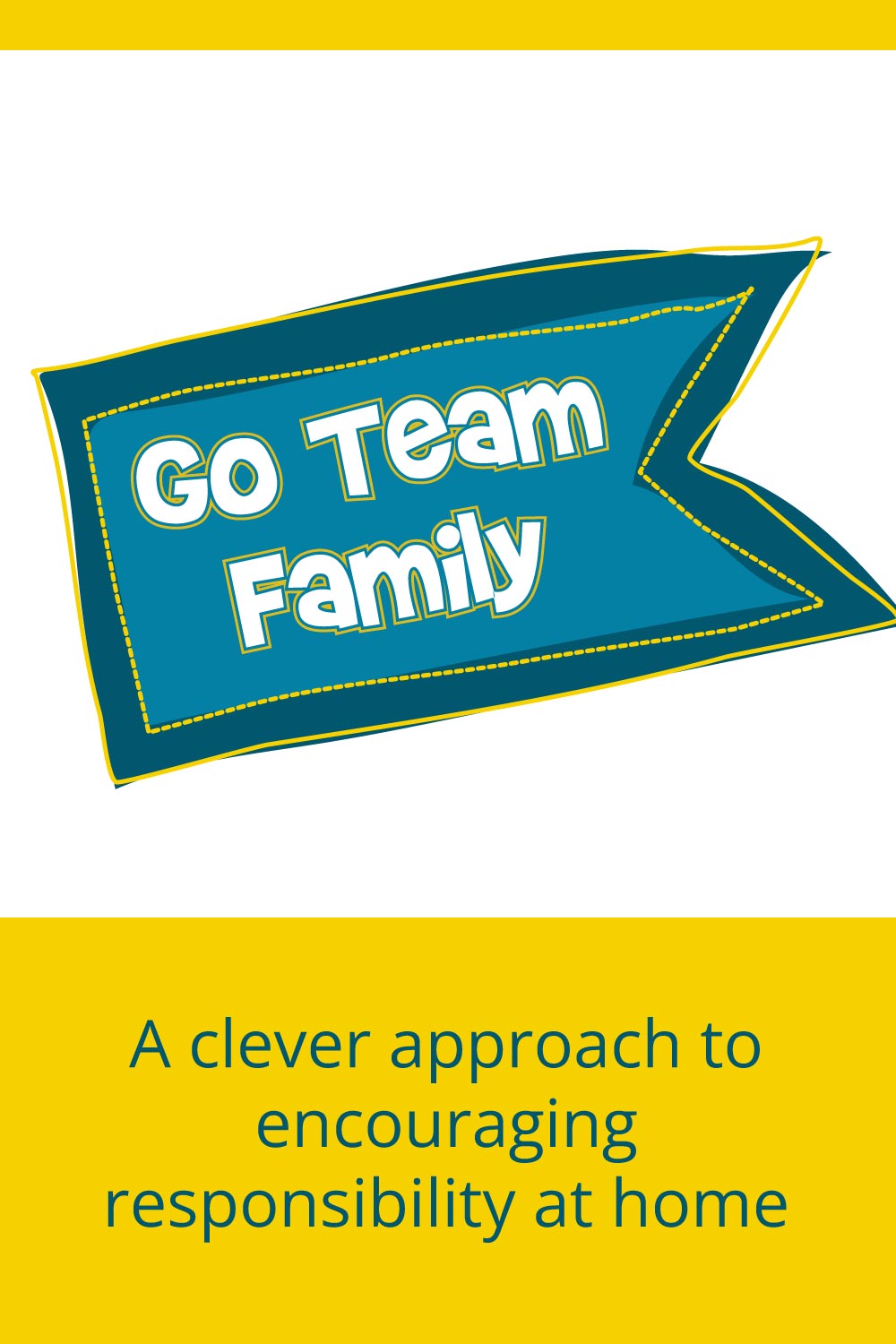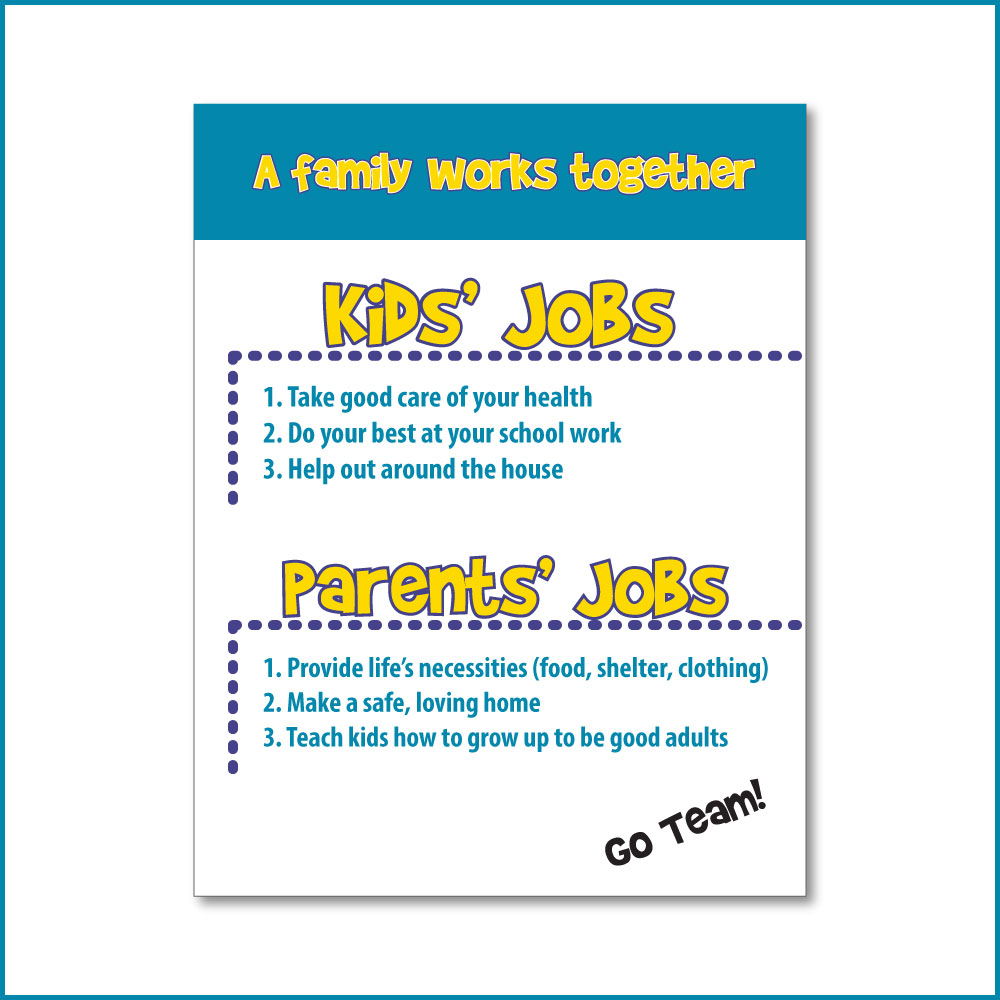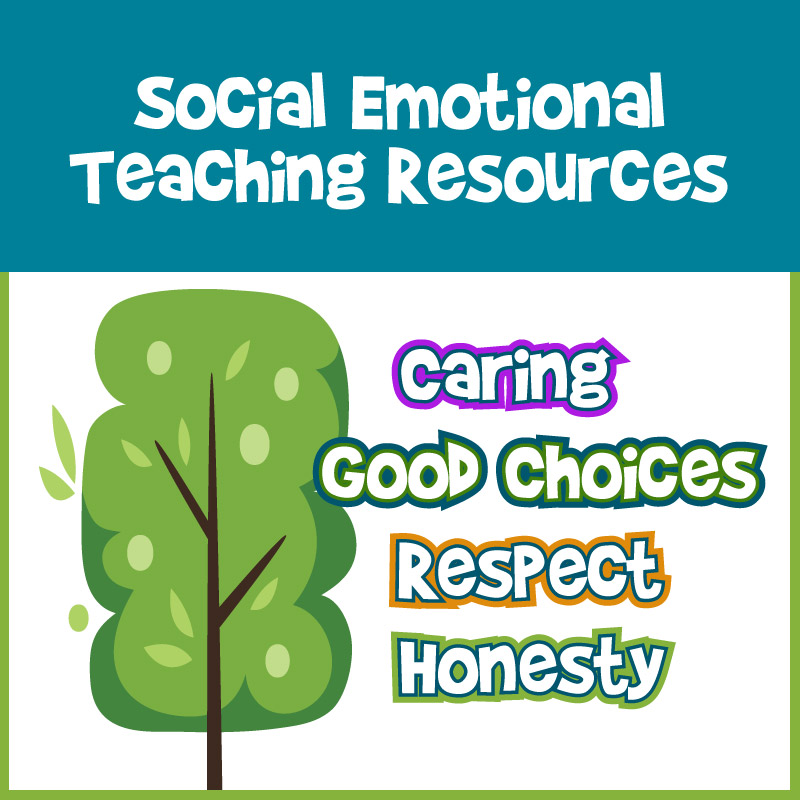Go Team Family
A Technique to Teach Kids about Responsibility

Do you ever get sick of your kids complaining about helping out around the house? Or doing their homework? Or brushing their teeth? Here’s a great approach to end the battle for help and responsibility.
Discover the Go Team Family technique for teaching children to embrace their responsibilities and to see they are part of something greater than themselves. A friend clued me in to this great approach to teaching responsibility. Once I sat my kids down and explained it, things started running more smoothly.
Teaching Responsibility on Team Family
The Go Team Family technique works because life runs on relationships. From the moment we wake up each day, we need other people to make life happen. For children, the most essential relationships in their lives are with their family. We give our children love, shelter, guidance, and nourishment to help them grow in healthy ways. We get the joy of sharing life with them and we give willingly with love, yet it’s important to recognize that children gain tremendous benefit from being part of a loving family. Since all relationships are based on give and take, it's reasonable that our children contribute to the family as well.
Sometimes it can be easy to forget that the family doesn't exist solely for your child's personal benefit. Each member is living life and sharing the responsibility for helping the family succeed together. I'm not saying you should guilt your child or withhold essential care. Instead, I’m suggesting a perspective shift that shows them they are part of a team where everyone has a job to do. This is a valuable perspective for how real life works. It helps them see that their actions contribute to something greater than themselves, and that they impact other people. This is an essential understanding for their future success in life and it helps them develop agency and self-respect which benefit their long-term mental wellbeing.

Launch Team Family
To introduce the idea of Team Family to children, here's what you tell them:
“A family is like a team. Everyone has their jobs to make the team work successfully. I'll do my job, and you (the kids) need to do yours. It’s how a family manages life.
The parent’s job is to provide food, clothing and life’s other necessities, a safe home, love and support, and discipline to help kids grow up to be good adults.
The kid’s jobs are to do their best in school, take care of their bodies and health, and help out where they are able to keep the house running.”
Download Responsibility Poster
What's in it for me?
If your kids ask what reward they get for doing their job (for being responsible), tell them they get to enjoy family dinners, get your hugs when they are sad, get rides to sports practice and friends' houses, family movie times, outings to the park, etc. etc. They don't need an extra reward for doing their basic duties—they're already getting tons of great benefits by being in the family.
I know this sounds a bit harsh in today’s rewards-based society.
But it’s how life works. Does your boss give you an extra reward for doing the
basics of your job? No. You get paid and you get to keep your job. Do you need a
reward for brushing your teeth? Your reward is that your teeth
don’t fall out. Should children get rewarded for doing their homework?
The reward is that they get a good education and they get to shape the life they want for themselves. There are situations where extra incentives make sense, but children may need help recognizing that the basic things they do as part of a family are already giving them huge benefits toward the way they want to experience life.
In fact, more and more experts are pointing out that the constant rewards kids get for doing the basics in life has created a generation of kids that is having trouble coping with the realities of adult life. So do your kids a favor and teach them that relationships—in a family, in school, and at work—always involve exchange. We each give something and we each gain benefits. That's how we work together to create shared wellbeing.
Kids can Embrace Responsibility
Now here is the great part. Kids readily take on responsibility when it becomes an expected part of their daily life. Once you set expectations, you can instantly redirect the whining and complaining with a simple statement: “You do your job, I’ll do mine. Go Team Family!”
Check out these real scenarios (meaning I've literally had these conversations in my house):
Child: But I don’t want to do my homework!
Mom: It’s your job to do your best in school. I'm going to keep doing my job over here, but only you can do your homework. Go Team Family.
Why it works: Kids actually like responsibility. It may not seem so at times, but ultimately, kids want to be more grown up than they are. They want to feel the pride of contributing to something greater than themselves. Build on this natural desire for responsibility and you’d be amazed at what they can do.
Child: I don’t want to eat vegetables.
Mom: It’s your job to keep your body healthy. If you don’t like this vegetable, what are you going to eat instead to give your body the balanced nutrition it needs?
Why it works: It puts the responsibility and choice in their court. Kids like having control over their lives. Take the battle out of meal time—give them control, provided they choose responsibility for their health.
Child: You are being so mean! I don’t want to be grounded.
Mom: It is my job to help you grow up to be a good, responsible adult. If I allow you to act like this now with no consequences, you'll grow up thinking it’s ok. What do you suppose would happen if you talked to your boss like that? You’d get fired. So, I’m doing my job here to help you learn what is acceptable.
Make it fun
Go Team Family! Responsibility doesn't have to be a bummer. This technique can be more positive when you rally around the idea of being a team. If you're really fun, you could get a team megaphone or some pom poms that would lighten the mood when it's time to remind everyone that being responsible is all a part of being Team Family.
More Social Emotional Learning Resources on Responsibility
- Responsibility Teaching Resources- Explore free teaching resources, like worksheets, presentations, posters and more lessons in responsibility.
Colleen Doyle Bryant
Colleen Doyle Bryant is the author of five books and more than 50 learning resources about making good choices for the right reasons. Her Talking with Trees series for elementary students and Truth Be Told Quotes series for teens are used in curricula around the world. Rooted in Decency, Colleen’s most recent release, written for an adult audience, explores how the decline in common decency is affecting wellbeing, and how we can build more trust and cooperation. Learn more at ColleenDoyleBryant.com







